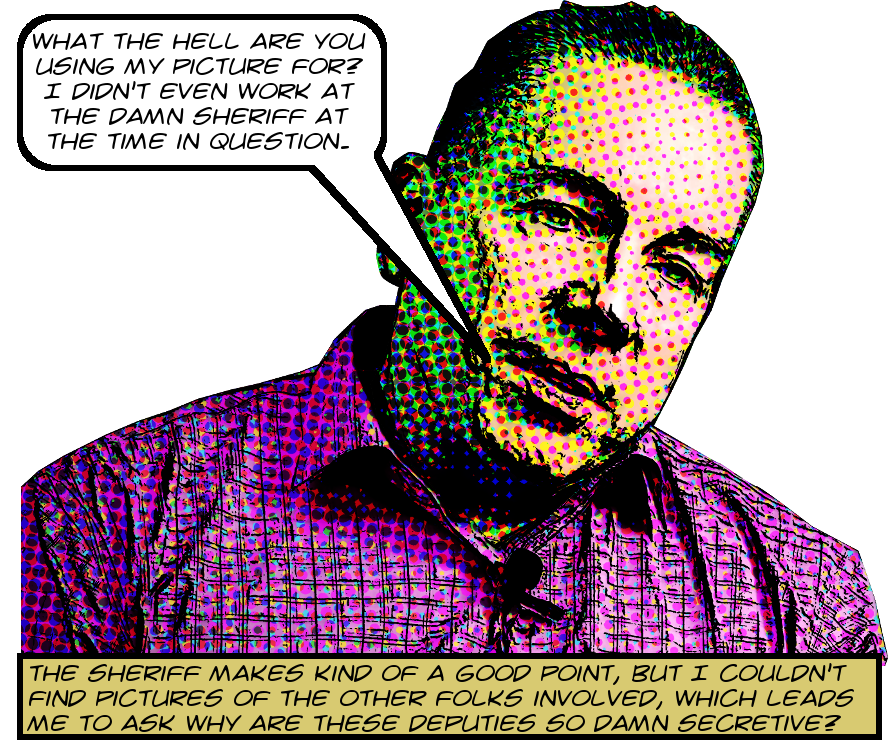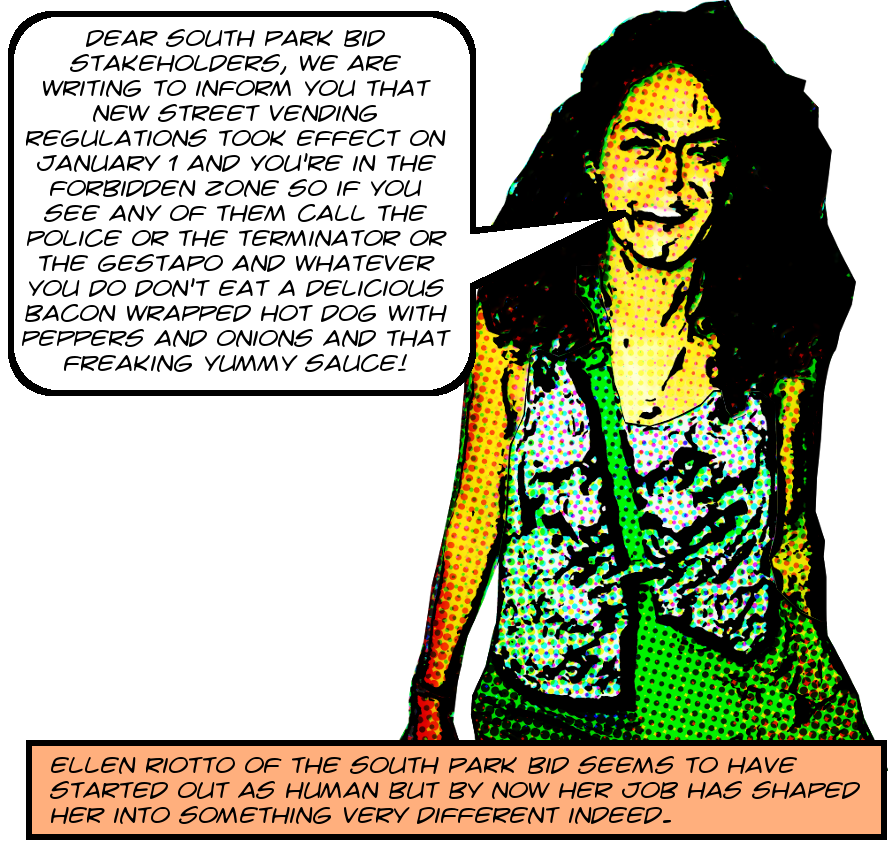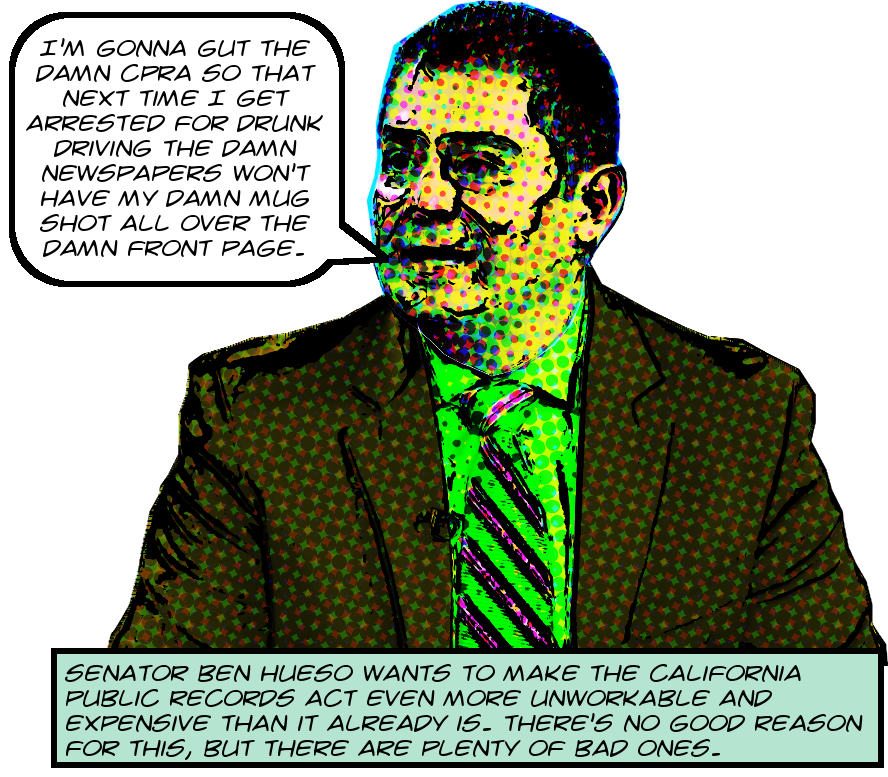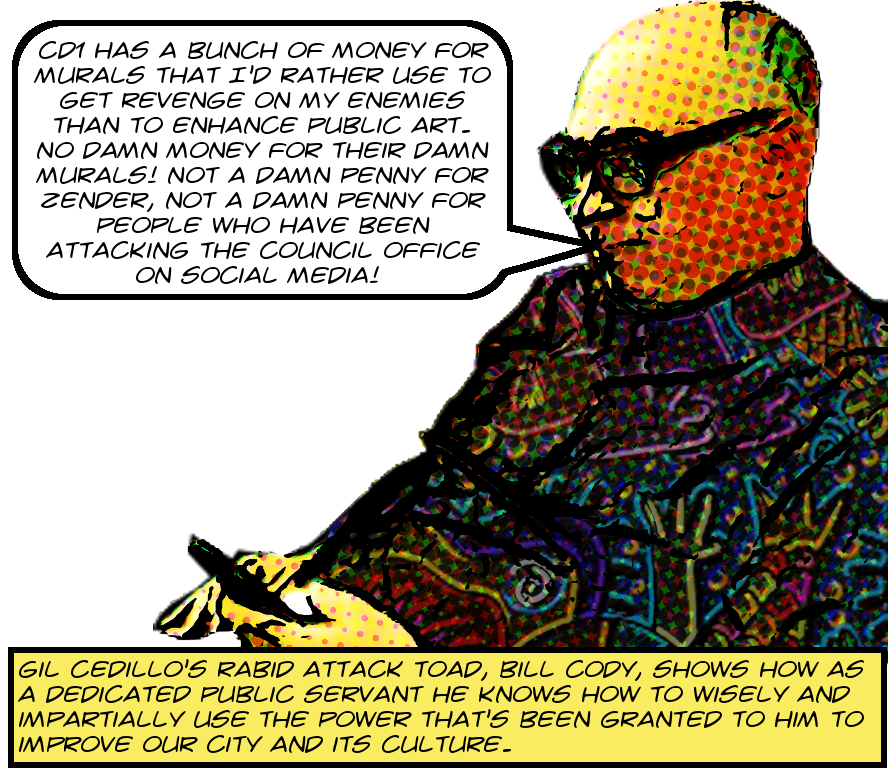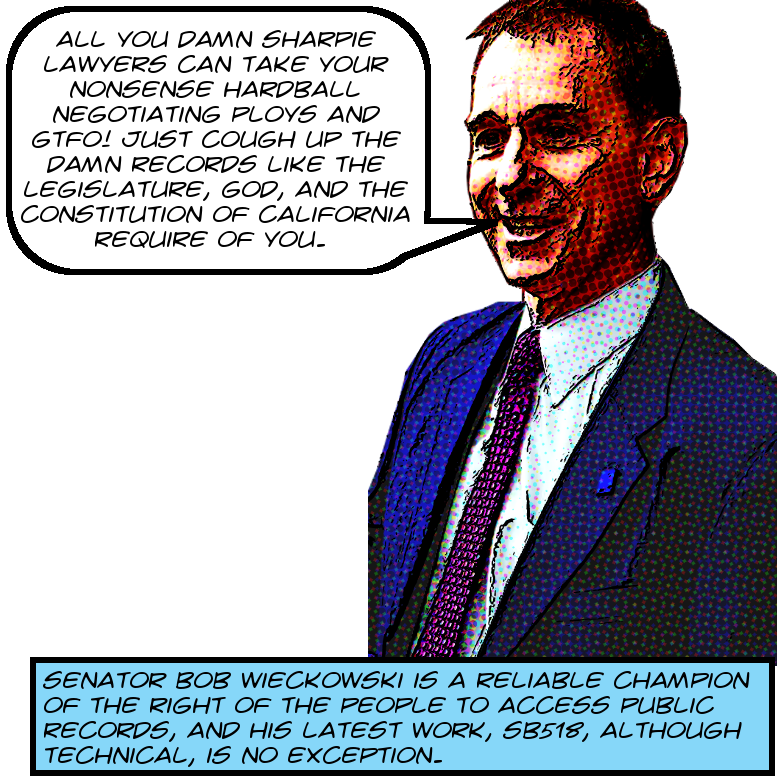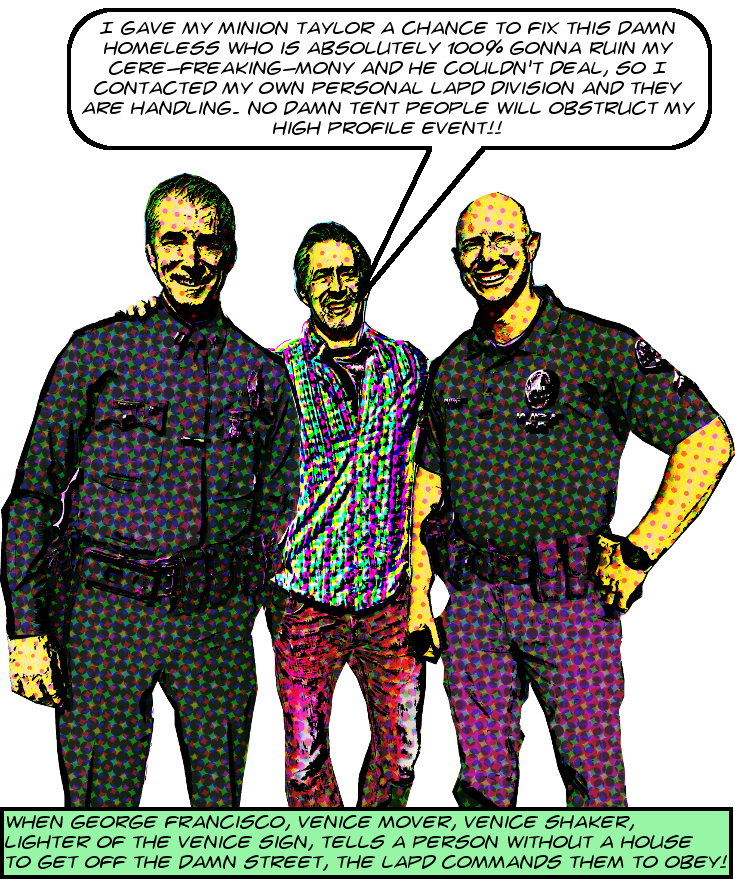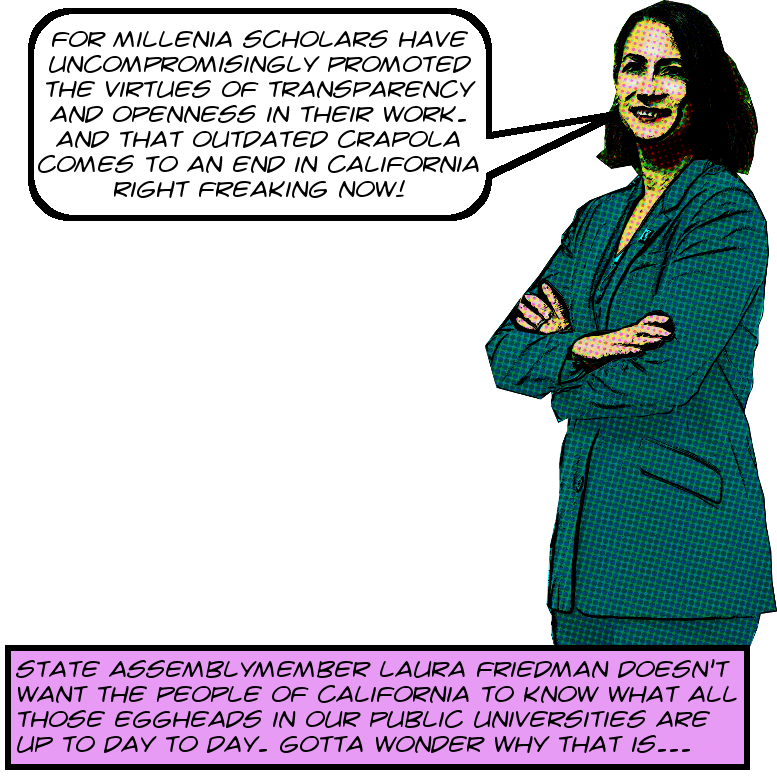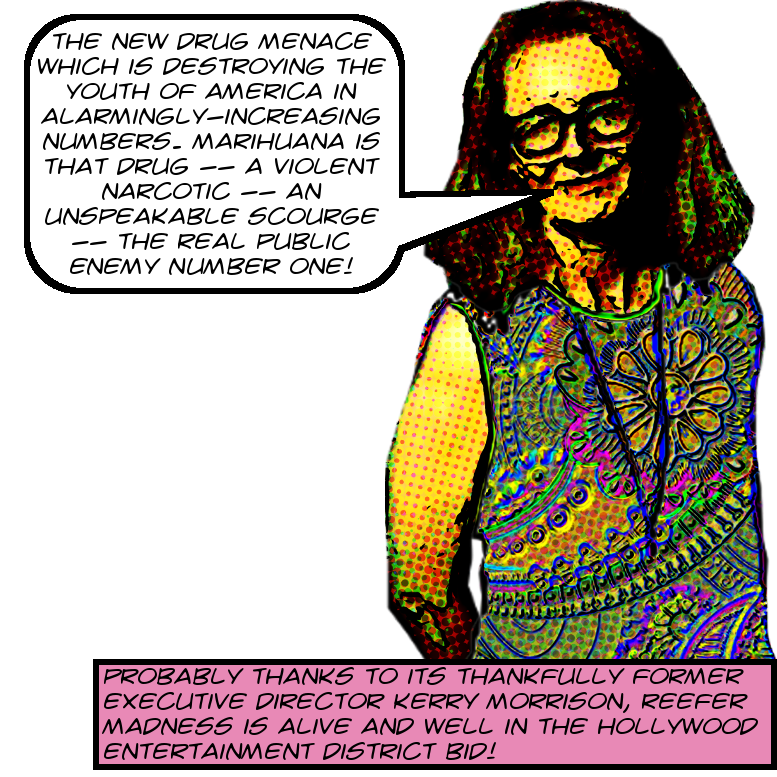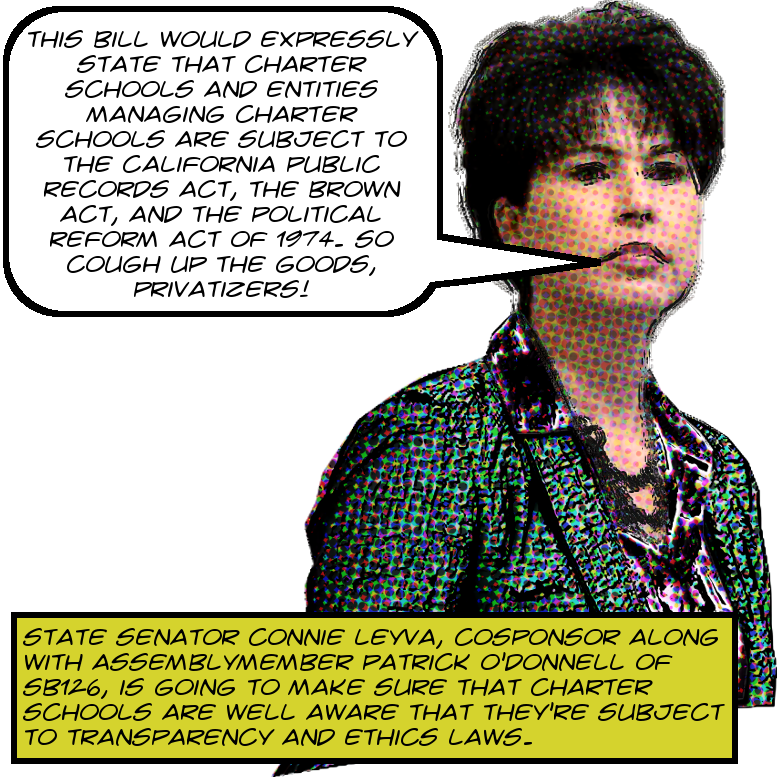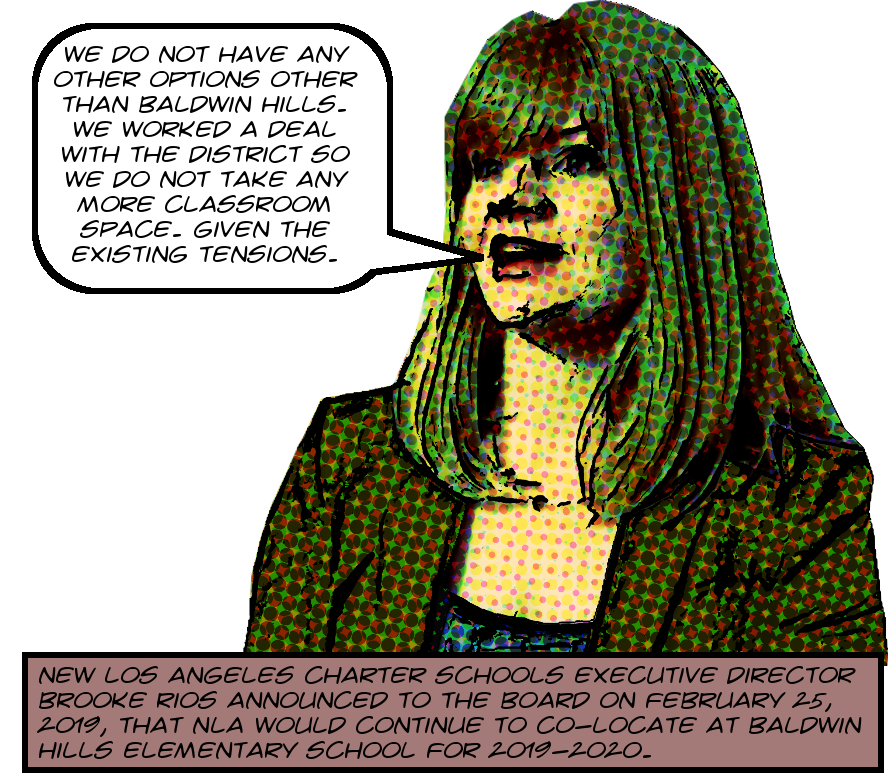 You may recall that the recent UTLA strike inspired me to spend a little time using the public records act to look into the state of charter schools in Los Angeles, and one of the ones I’m looking into a little is New Los Angeles Charter Schools. After a little of the usual nonsense I was able to obtain a bunch of emails relating to the strike.
You may recall that the recent UTLA strike inspired me to spend a little time using the public records act to look into the state of charter schools in Los Angeles, and one of the ones I’m looking into a little is New Los Angeles Charter Schools. After a little of the usual nonsense I was able to obtain a bunch of emails relating to the strike.
The story behind the story, well-told in LA Taco by Daniel Hernandez, is that the public Baldwin Hills Elementary School is forced by state law to cede part of its campus to New Los Angeles Charter Elementary School, a process called co-location. It’s never been a comfortable arrangement but the strike brought everything to the surface, and the emails revealed that New Los Angeles executive director Brooke Rios didn’t think it was possible to continue co-locating there given that everyone hated them:
It is clear that the strike gave voice to the mounting tension between Baldwin Hills and New LA. To be frank—we are not welcomed there. Our Prop 39 offer will be issued on February 1, and it is likely that we will be offered one more classroom at Baldwin for 18-19. It is difficult to imagine another year on that campus after this week, and I am eager to consider other solutions.
Proposition 39 created this co-location system, and the Prop 39 offer that Rios talks about there is a formal offer from LAUSD allocating public school space to a charter school. And given that the offer would issue on February 1, I made plans to attend the next meeting of the board of directors to see what was going to happen. And if I’m going to attend, I’m going to film, of course.
So last night they held the meeting out at their secret headquarters on Washington Blvd. just east of Hauser. I rode the bus all the way out there and taped the whole damn thing. So behold! Eighty four minutes of mind-numbing mumbling with a few really interesting things interspersed. Watch it at your peril, but also take a look here where Brooke Rios discusses the Prop 39 offer. To everyone’s dismay New Los Angeles was offered space at Baldwin Hills Elementary School and given no choice at all in the matter.
And Rios announces that New Los Angeles will seek not to exacerbate the tension any further by not taking up any more classroom space than they have been taking. So they’re not leaving, but they’re not expanding into more classrooms. This is going to require a significant increase in class size, which Rios and some board members anticipate will make parents pretty unhappy and might even induce some of them to move their kids to another school. How does Rios propose to deal with this desperate situation? Like any good bureaucrat, she’s forming a committee of the board! The committee will be looking for affordable privately-owned space that doesn’t involve co-location, which has turned out to be unreliable.
It was interesting but not surprising that throughout the discussion at the board meeting, no one on the primarily white board of directors or staff even mentioned the racial aspects of the situation, well explained by Hernandez, which is that the charter school is taking up space that could be used to serve the primarily African-American student body at Baldwin Hills.
It’s heartening to see that protests, shunning, and similar social action1 can actually lead to charters leaving co-located schools, or at least really trying their best to leave! There really aren’t other tools available to the parents of public school children to rid their campuses of privatizers, forced on them by state law. Nothing got settled at last night’s meeting, but I will continue to follow the story. Turn the page for a transcription of some of the discussion.
Continue reading New Los Angeles Charter Elementary School To Continue To Co-Locate At Baldwin Hills Elementary School For The 2019-2020 School Year Even Though Everyone Is Unhappy About It — LAUSD Gave NLA No Other Choice According To Executive Director Brooke Rios — But In Order To Assuage Tension New LA Will Not Use Any Additional Classroom Space — Will Be Forced To Increase Class Size To Accomplish This — Desperate Search For New Site Continues With Formation Of Board Committee

